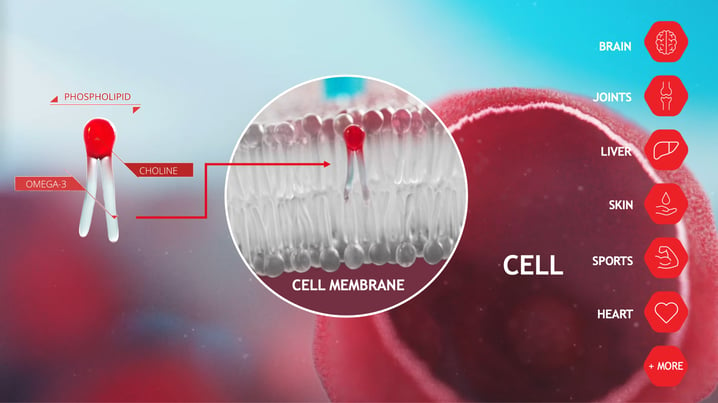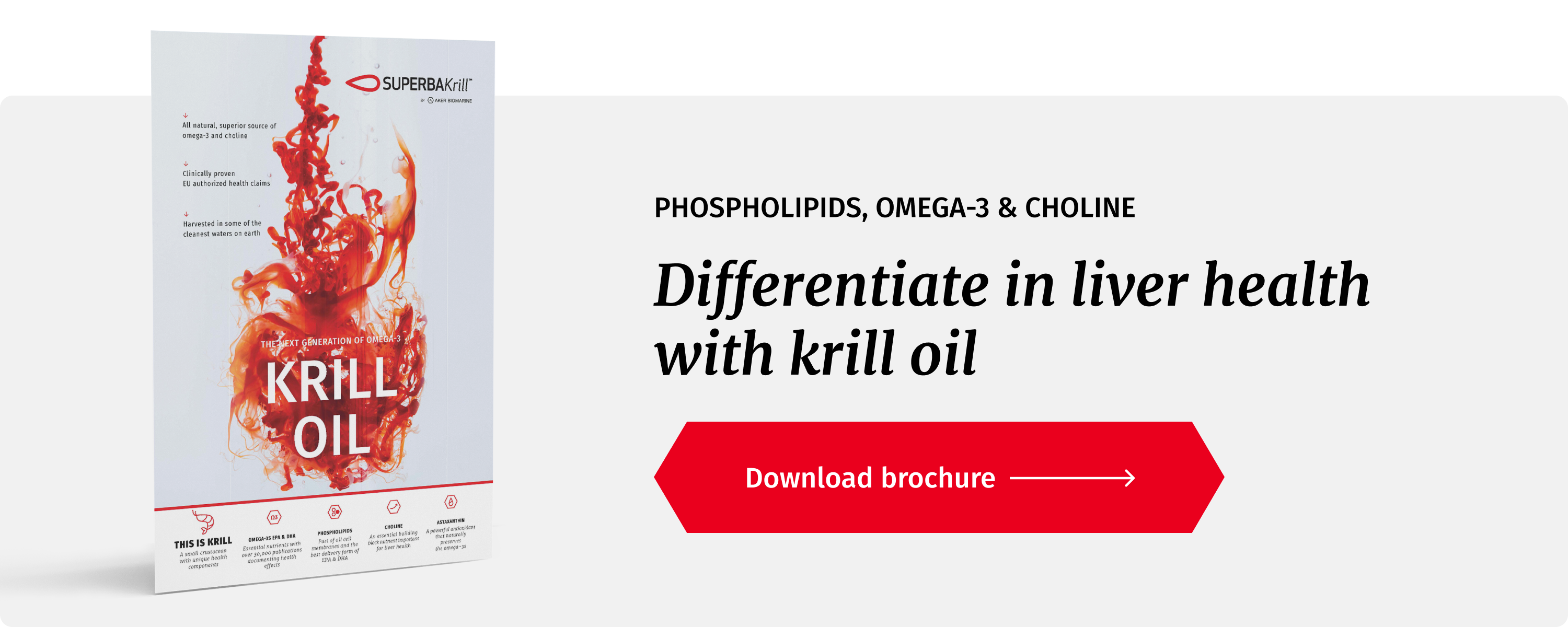Did you know that there is a major connection between the heart and the liver? It’s true…this might sound like an unlikely combination, but optimal liver health supports the heart in a big way.
Poor liver health = poor heart health
Cardiovascular disease (CVD) is the number one killer globally, and poor liver health can contribute to CVD. CVD is the buildup of fats (cholesterol and triglycerides) in the blood that can get stuck in the arteries, and the heart’s arteries are very susceptible to blockages, which can put strain on the heart.
The liver is one of the most important organs in the body and performs countless vital functions like cleaning blood, transforming nutrients into energy, metabolizing fats, and supporting the immune system. Optimal liver health is essential for and connected to a healthy blood system, therefore reducing stress on the heart.
Liver health and Non-Alcoholic Fatty Liver Disease (NFLD)
NAFLD, a modern lifestyle disease, is the most common chronic liver condition with a global prevalence of 24%. It is caused by lack of exercise and sleep, unbalanced diets high in sugar and fat, as well as stressful environments.
Commonly associated with obesity and other metabolic syndrome diseases, NAFLD is the build-up of fat around the liver over time which puts strain on the liver’s ability to function properly. NAFLD is connected to cardiovascular disease and often manifests itself as heart disease. In fact, the root cause of heart disease is NAFLD.
Read more about Liver health and NAFLD here
Krill oil phospholipids, a solution for heart and liver health
Omega-3 fatty acids are some of the most well-known nutrients supporting heart health, and krill oil phospholipids, rich in omega-3s and choline has been a staple in this category since inception. The key health benefits of krill oil related to heart health include:
- significantly reducing triglyceride levels in the blood - an important measure of heart health (1) (2)
- clinically proven to increase the Omega-3 Index: An increase of this Index from 4% to 8% would reduce the risk of fatal coronary heart disease by about 30% (3)
- no increase in LDL cholesterol levels (2)
In addition to the many benefits for heart health, krill oil phospholipids can also play a big role for liver health, and this is how:
- omega-3s, like those found in krill oil phospholipids, are important for maintaining healthy liver function and aid in the proper metabolism of fat.
- krill oil phospholipids supports liver functions, reduces fat accumulation, and contributes to normal fat metabolism.

Adequate nutrient quantity and balance are essential for sustaining life and enhancing overall health. Consistently providing the essential nutrients is crucial for optimal cellular function and maintaining the body's equilibrium. The importance magnifies during periods of illness when addressing fluctuations in nutrient intake and utilization becomes paramount.
Krill oil, renowned for its significant components; long chain omega-s fatty acids EPA&DHA, phospholipids and choline has become a widely researched supplement that aids in bridging nutritional deficiencies. These essential components play crucial roles in maintaining cell organization and function, fostering overall health and ensuring optimal performance of heart and liver.

Choline for optimal liver function
And let’s not forget about choline! Choline, naturally occurring in krill oil, helps to create the vesicles that transport fat around in the blood, keeping it safe.
The evidence is so strong for choline, that the European Food Safety Authority (EFSA), known as one of the strictest regulatory bodies in the world, has approved two health claims for cholinerelated to liver health, stating that a cause and effect relationship is established between choline consumption and liver functioning:
“Choline contributes to normal liver function”
“Choline contributes to normal fat metabolism”
Both claims relate to the way choline helps create lipoproteins that carry fat away from the liver and around the blood safely to our cells that need it. This can help prevent the buildup of fat in the liver cells which is associated with fatty liver (NAFLD).
In this way, choline is complimenting omega-3s and they have a dual effect on heart health and liver health.
Nils Hoem, Aker BioMarine’s Chief Scientist, recently presented this fascinating topic at SupplySide West, see article in Nutritional Outlook here: The connection between liver and heart health, and the importance of phospholipids: 2023 SupplySide West report
Sources:

